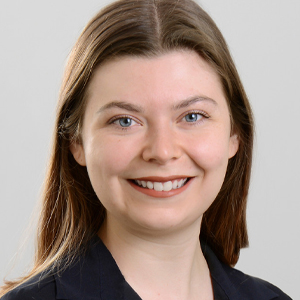
Work-life balance is preventative care
In 2020, I took a seven-hour drive through New England, returning home from my second wedding that year as the maid of honor. It was a lovely experience, but I was ready to get the year’s stresses in the rearview mirror. I had written three fellowship applications, muscled through rejections, published my first review and, of course, navigated a pandemic.
This drive wasn’t mountainous, hilly at best. But as the elevation changed, my ears popped. My left ear popped back to normal only seconds later, but the right ear ended up taking months to recover. It was uncomfortable, stunted my hearing to half of what it should be and left me very irritable. Establishing care at an ear, nose and throat specialist required first a referral from a general practitioner and then a several-week wait for an appointment.
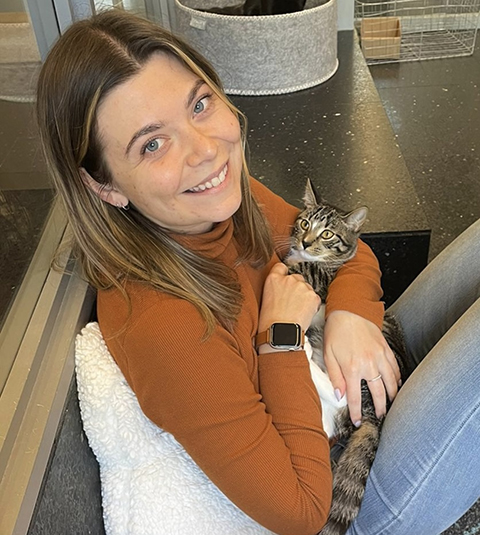
At the appointment, it was bittersweet to hear that all of my diagnostic tests came back normal; of course, I wasn’t wishing for something to be seriously wrong, but I was hoping for answers. I was discouraged that even a seasoned and highly rated doctor couldn’t offer a solution. He was heading out of the exam room when I joked that since I worked in the sciences, I knew that not everything comes with a clear answer.
He was halfway out the door when it clicked for him. He turned back and asked how much stress my job put me through. I mean, how do you even quantify what a Ph.D. student goes through? The physical stress of countless hours bent over an electrophoresis cassette, keeping arms outstretched to pipette in the tissue culture hood, poor back and neck posture from writing and reading at the nonergonomic desk setups at a university. The mental stress of planning committee meetings and troubleshooting experimental plans and proposals and even the anxiety of bringing up troubling results to your mentor.
My ENT then took a glance at my teeth. Yep, he saw signs of overnight teeth grinding due to stress. Earlier that year, my dentist prescribed me a fitted mouthguard to prevent overnight stress-related jaw clenching. What’s covered on a student insurance plan is a grievance to discuss another time. Suffice it to say that I couldn’t fit a custom mouthguard into my budget, so I did what I thought was the next best thing. I walked into Walmart and bought a $0.97 mouthguard from the sports section. It was the type of mouthguard that you heat up and mold to your mouth, and I thought that it must be the same thing a dentist can offer, just without the in-office price.
This was not the quick fix I thought it would be; my ENT said the nonorthodontic mouthguard probably was poorly fitted for sleep and was displacing my jaw. This displacement had caused negative pressure to build up in my ear canals, explaining why they popped so easily on my drive and why the right one was unable to un-pop.
I threw out the mouthguard that night when I got home. My right ear eventually returned to normal without me realizing it. While I was relieved to have an easy solution, I felt frustrated that it took many doctor visits, several months and a school-zone speeding ticket when I was sure I would be late for my first ENT appointment.
Long story short, work-related stressors caused me to grind my teeth at night. I tried a quick-fix option of sleeping with a cheap mouthguard that ended up causing ear pain. It takes two sentences to explain but had manifested over years. It dawned on me that what started as an invisible mental imbalance, left untreated, had turned into physical complications.
Finding balance
I’ve tried to combat work-related anxieties by ensuring a work life–balance. On weekdays leaving the lab, I lock my computer in my desk so that I am sure not to do work at home in the evenings. I get to be present in afterschool activities and invest in who I am as a person outside of being a student scientist. I have occasionally broken this rule when preparing for a presentation or working on a manuscript, and I’m sure I’ll break it often when I begin writing my thesis. However, I try to minimize the amount of home time that’s stolen by work time.
If you sleep and work for eight hours each, that only leaves you eight hours in the day to be yourself. These hours are taken up by getting yourself ready in the mornings, commuting, eating dinner and taking care of pets or children. So, how much of your day is left to cater to you?
I’ve helped myself decompress in three ways.
1. Allow time to prepare.
If your day is so taxing that it leaves you drained and unable to make decisions, the result is choice paralysis. This used to happen to me at home all the time, and I ended up feeling ill-prepared.
To combat choice paralysis at home, I do my best to prepare for my week. This means using one weekend day to meal prep breakfasts, lunches and dinners and to lay out my outfits for the whole week. While it feels like it takes a lot of time to do these tasks all at once, I save considerable time when I value it most.
This trickles into what I do in the lab. I strategically plan cell treatments, media changes and biochemical assays to define what tasks must be done on which days. To avoid boredom, I invested in a planner I really love and I decorate the pages randomly with stickers or drawings to keep things fresh.
2. Work in a comfortable place.
I allow myself to work remotely when possible. I have chronic back pain, and work is easier in my home office where I have a more comfortable setup than the standard university desk. Most of my work is done benchside, but the other portion involves emailing and writing and reading papers. My boss and I both know that the second type of work can be done just as well while curled up with my cat. Not everyone has such a cool boss, so personal challenges may be associated with work–life balancing. But, even small changes can counter stress accumulation.
3. Treat yourself well.
I make it a priority to listen to my body and mind. If I feel uninspired or exasperated, I take guilt-free screen time or coffee breaks. There is an ebb and flow to what I realistically can accomplish in one day; just as there are days that I can’t look at a to-do list, there are an equal number of days that I finish it (and then some).
These shifts have not been easy to implement. I have a fellowship award through the American Heart Association, and I am expected to meet certain experimental endpoints. I’ve often wondered if I can afford the work–life balance I desire. However, through practice, I have become confident in my ability to manage time effectively. And truly, I should be striving to be a great individual, not just a great scientist.
My commitment to these three rules isn’t perfect. Continual and hard-to-manage stress in my final year of the Ph.D. program led to a flare-up of mononucleosis. Imagine my surprise at becoming reacquainted with that bug almost a decade after I was first infected.
I’ll sign off by saying that I have absolutely no data supporting the claims of my title, but it’s an opinion that I humbly think is hard to disagree with.
It dawned on me that what started as an invisible mental imbalance, left untreated, had turned into physical complications.
Enjoy reading ASBMB Today?
Become a member to receive the print edition monthly and the digital edition weekly.
Learn moreGet the latest from ASBMB Today
Enter your email address, and we’ll send you a weekly email with recent articles, interviews and more.
Latest in Opinions
Opinions highlights or most popular articles
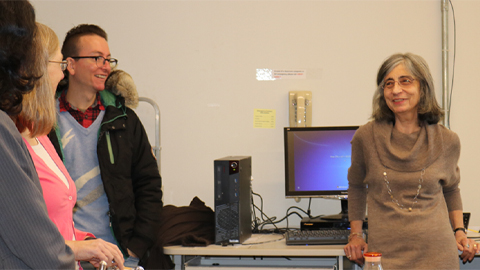
Learning to listen
In her talk at DiscoverBMB, ASBMB Sustained Leadership Award recipient Adele Wolfson reflected on the increased inclusiveness of science in recent decades.
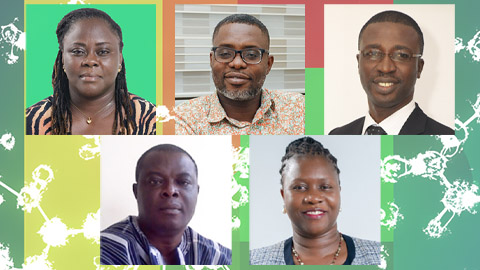
Getting to know scientists half a world away
In a program at Wellesley College, students interview and write about researchers at a university in Ghana.
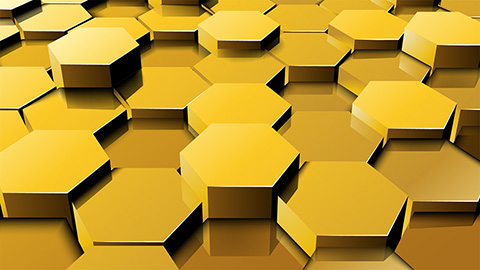
Let’s make ASBMB awardees look more like BMB scientists
Think about nominating someone outside your immediate network.
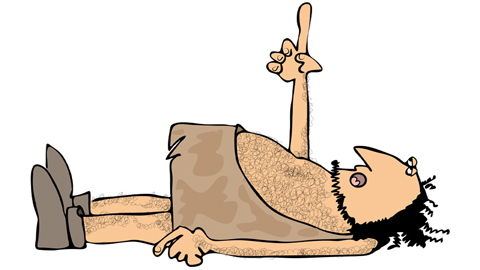
A paleolithic peer review
You might think review panels have only been around for the last century or so. You would be mistaken.
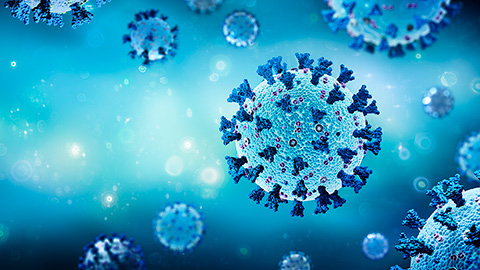
Early COVID-19 research is riddled with poor methods and low-quality results
The pandemic worsened, but didn’t create, this problem for science.

So, you went to a conference. Now what?
Once you return to normal lab life, how can you make use of everything you learned?

